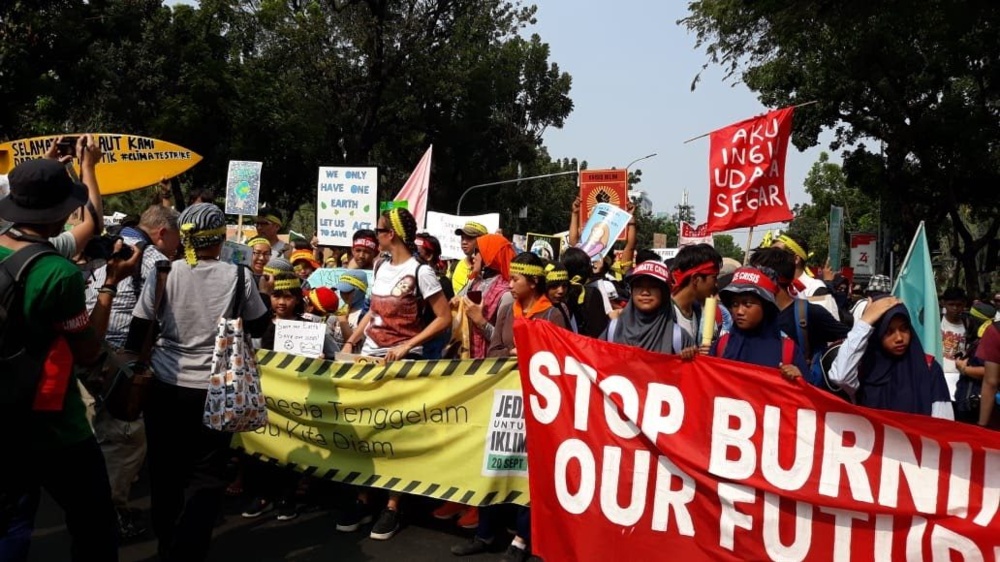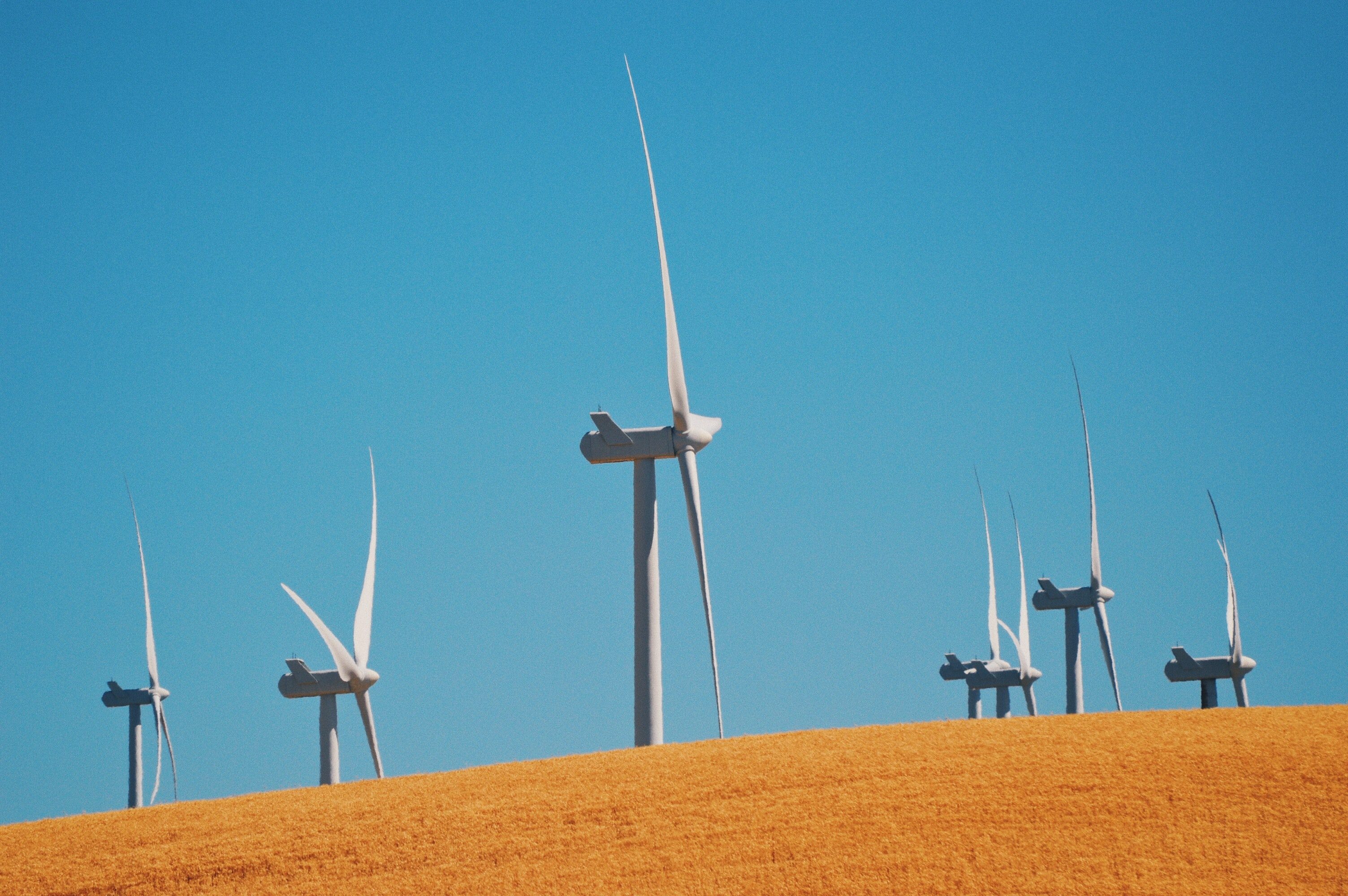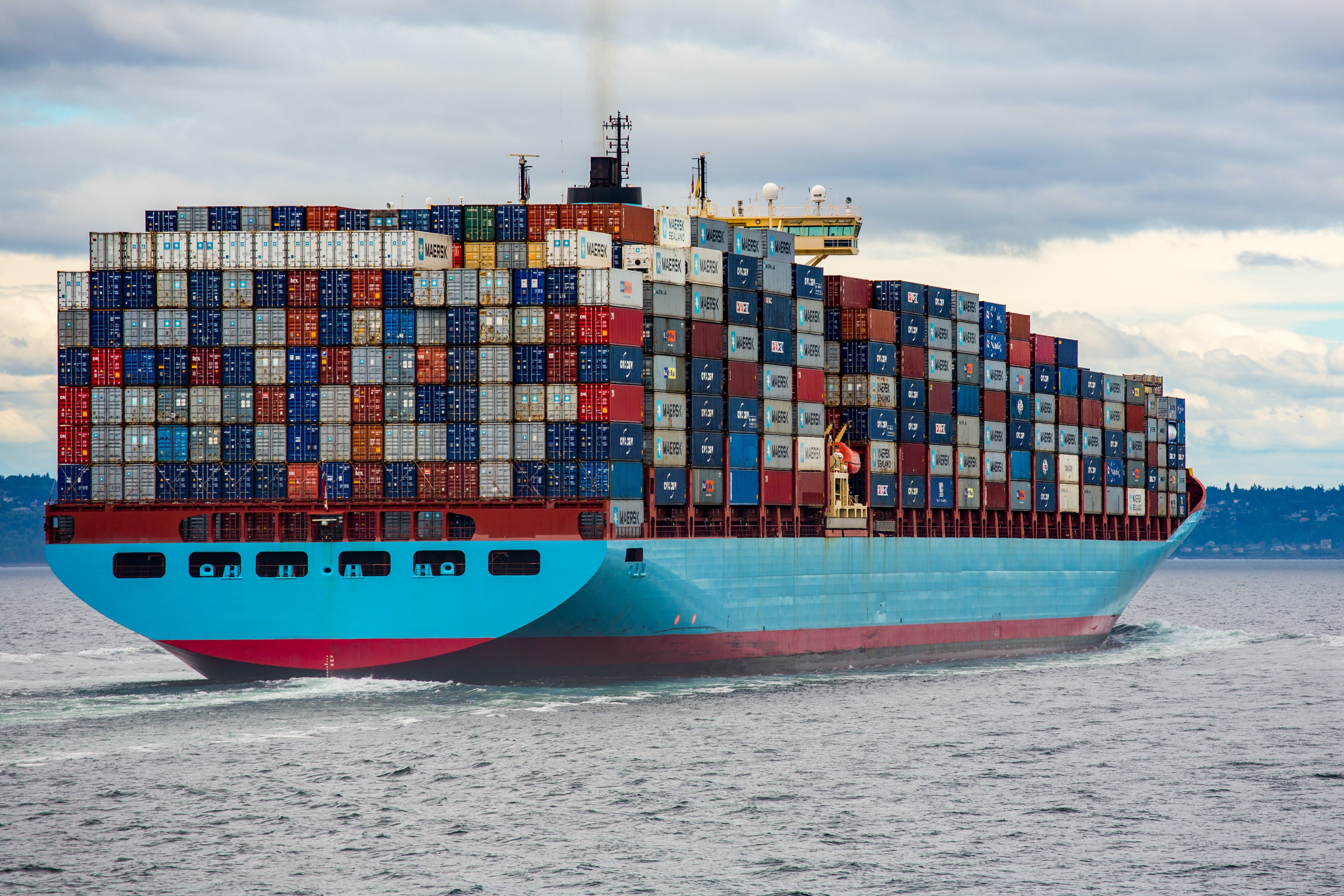
No environmental justice without climate justice
This is the third part of a new series of blogs exploring EJF’s new climate manifesto in detail. This one covers the issues of climate justice, climate refugees and Indigenous rights and leadership. The manifesto is a roadmap to a sustainable future: read it in full here.
The people and countries that have historically contributed the least to greenhouse gas emissions, and benefited the least from carbon-fuelled economic growth and luxuries, are those suffering first and worst from the impacts of the climate crisis. These countries are the first to be harmed by extreme weather events, rising seas and the conflict exacerbated by our warming world.
The world’s 50 least developed countries contribute a negligible amount of global carbon emissions; less than 1%. By comparison, the EU alone was responsible for 40% of all global CO2 emissions between the years 1850 and 2011. Although developed countries are affected by extreme weather events too, 99% of all deaths from weather related disasters occur in developing countries. This highlights the shocking social injustice of the climate crisis.
As the world attempts to transition to a greener economy, meaningful, large-scale support and compensation must be given to those affected by climate related disasters. People hit by droughts, floods, storms and hurricanes must be supported.
Governments must agree to adequately share large-scale financial resources, targeting the Global South to compensate for the damage caused by the climate crisis. This is not just political or economic issue; it is a question of our fundamental morals, ethics and need for environmental justice.
In addition to support, compensation and aid, developing nations must be given a meaningful ‘seat at the table’ in decision making regarding climate action and mitigation plans. They must have their voices heard, and more than heard, acted upon.
One urgent action is the establishing of legal protections for climate refugees. Since 2008, weather related hazards have displaced around 21 million people on average each year. This equates to 41 people every minute. The climate crisis is an ecological one, but a humanitarian one too. People are being forced from their homes, losing their lives, livelihoods and hope because of its impacts.
We are calling for a new legally binding international agreement with protections for climate refugees. This would ensure people forced from their homes by climate breakdown get the legal protection they need, and support one of their most fundamental human rights: the right to a safe home where people can live with dignity.
This right must also be actively defended when applied to the world’s Indigenous peoples, who are threatened by illegal loggers, miners and land grabbers. As well as the human injustice of this encroachment on their lands, this endangers the ecosystems which assist us in combating climate breakdown. Carbon emissions from deforestation are significantly lower on Indigenous territories and protected areas than elsewhere.
Even though Indigenous peoples and communities have claim to, or customary usage of up to 65% of global land mass, it is estimated that globally only 10% of land is legally owned by them.
A lack of legal protections leaves Indigenous peoples and communities exposed to land grabbing, theft of resources and displacement by government or corporate actors. By failing to provide clear environmental laws and pitting corporations against communities, governments are putting people in grave danger. In 2019 an average of four Indigenous, land and environmental defenders were murdered every week.
Indigenous communities are standing up against this wave of violence and theft. We should stand with them. Governments of states containing Indigenous territories must end active and passive campaigns of discrimination. They must commit to proactive designation and protection of the land tenure rights of Indigenous peoples, which would ensure communities are able to control their own land. Other governments must apply pressure to ensure they are protected worldwide.
The climate crisis is creating new injustices and worsening existing ones. Putting climate justice at the heart of climate action is key in the journey to a sustainable, brighter future for us all. To find out more about this vital issue, read our climate manifesto here.
SIGN UP FOR OUR EMAILS AND STAY UP TO DATE WITH EJF

